I'm just working through the Go tour, and I'm confused about pointers and interfaces. Why doesn't this Go code compile?
package main
type Interface interface {}
type Struct struct {}
func main() {
var ps *Struct
var pi *Interface
pi = ps
_, _ = pi, ps
}
i.e. if Struct is an Interface, why wouldn't a *Struct be a *Interface?
The error message I get is:
prog.go:10: cannot use ps (type *Struct) as type *Interface in assignment:
*Interface is pointer to interface, not interface
